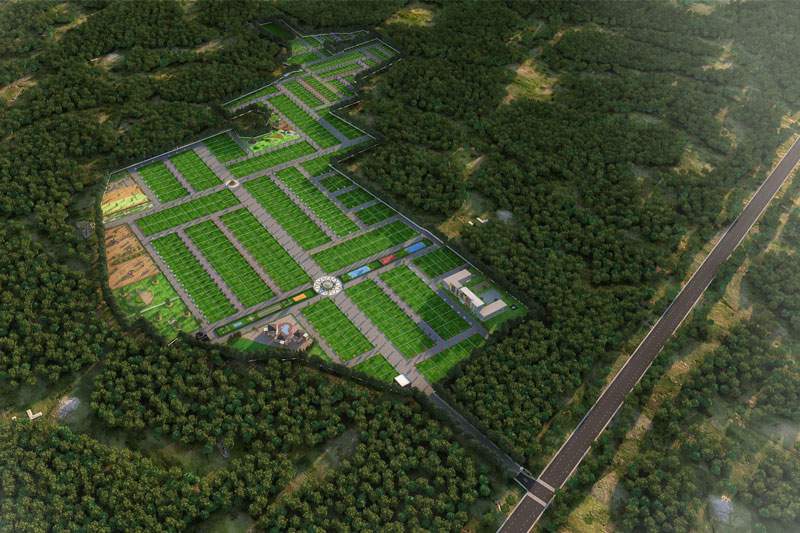A tribute to master architect Laurie Baker to commemorate his birth centenary year
During the post-independence era, especially from 1970 to 1990, many modern masters of Indian architecture emerged. Most of them either studied abroad or were influenced by the profession as practiced in the West. In total contrast, Laurie Baker stepped out of the mainstream to design for India and in India, though his own origins were from the West. With no desire to chase prestigious projects and awards, he designed for people — nearly 3,500 houses in a lifespan of 50 years.
Years after his professional practice, many professionals follow him, inspired to explore alternatives to the predictable and questionable mainstream approaches. Even for the rich, Baker advocated cost effectiveness; he was convinced that “designs are for people and his designs had to, above all, suit the local climate.”
The ‘Gandhi of Architecture’ was actually influenced by Gandhi, and looked upon social causes as his professional achievements. Even his public buildings stand as a testimony to his philosophy of minimalism in materials, low on cost, eco-friendly in performance, judicious in structures, and efficient in functional spaces.
“If we look back in today’s times of sustainability talks, climate crisis and environmental degradation, Baker appears to have been far ahead of his time.”
Life in film
Incidentally, Vineet Radhakrishnan has looked back at Baker, making a biographical full-length film about his life and works titled Uncommon Sense. In the making for a few years, it got released for public viewing only a few months ago. It has received critical acclaim, including being listed in Archdaily’s list of must-see films.
“The fact that Vineet is Baker’s grandson adds a different dimension to the film, besides it being a documentary on Baker’s architecture.”
The film looks at many of his projects, but more importantly captures the man in his thoughts and words, which gives it an academic flavor.
Architects and many non-architects who knew him well speak about Baker, proving how he did not restrict himself to his buildings, but provoked thoughts in whoever he met.
Still relevant
Why does Laurie Baker continue to be relevant today? Architectural critics know that design elements die, styles change, new materials emerge, and technology evolves. The philosophies last longer, but they face the danger of dilution once the founder of the philosophy goes.

 8880003399
8880003399
